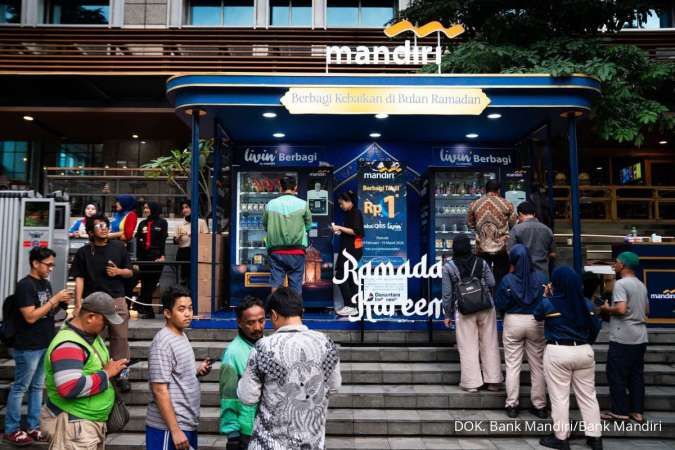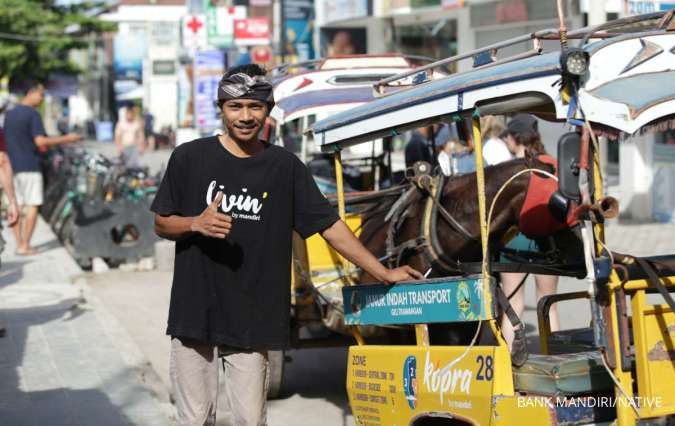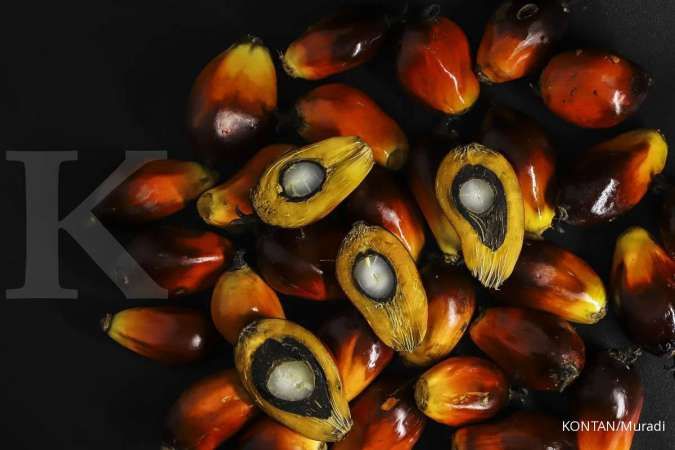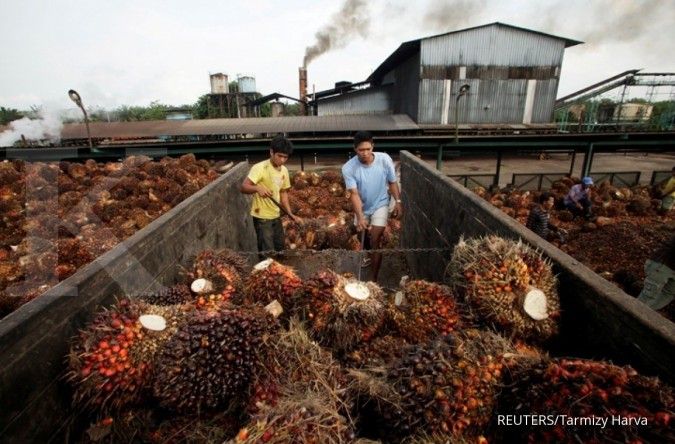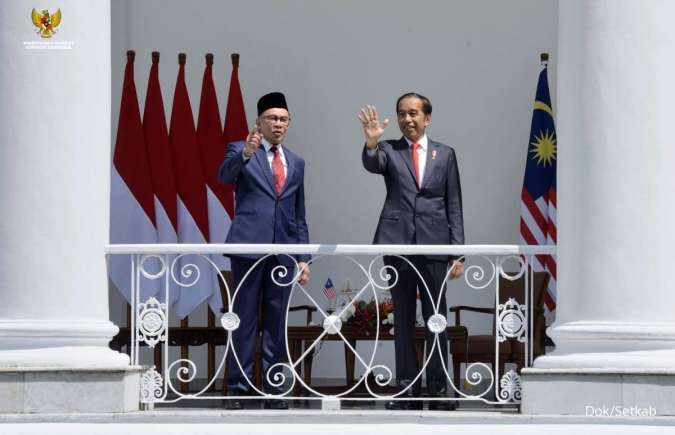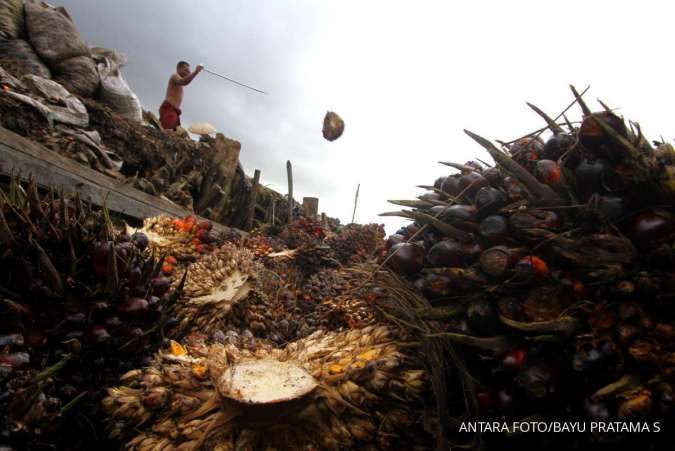KONTAN.CO.ID - KUALA LUMPUR. Malaysia is committed to progressively raising its biodiesel mandate, its commodities minister said at a meeting with global palm oil producers on Wednesday. The world largest palm oil producers Indonesia and Malaysia use the edible oil as blending for biodiesel, with Indonesia in February raising its mandate to a 35% palm oil mix and Malaysia maintaining its mandate at a 20% mix. "Malaysia continues its commitment to the implementation of the biodiesel program, progressively incorporating increased biodiesel blending ratios," Fadillah Yusof, who is also deputy prime minister, said at a ministerial meeting of the Council of Palm Oil Producing Countries (CPOPC).
Malaysia Says Committed to Raising Palm Oil Biodiesel Mandate
KONTAN.CO.ID - KUALA LUMPUR. Malaysia is committed to progressively raising its biodiesel mandate, its commodities minister said at a meeting with global palm oil producers on Wednesday. The world largest palm oil producers Indonesia and Malaysia use the edible oil as blending for biodiesel, with Indonesia in February raising its mandate to a 35% palm oil mix and Malaysia maintaining its mandate at a 20% mix. "Malaysia continues its commitment to the implementation of the biodiesel program, progressively incorporating increased biodiesel blending ratios," Fadillah Yusof, who is also deputy prime minister, said at a ministerial meeting of the Council of Palm Oil Producing Countries (CPOPC).

